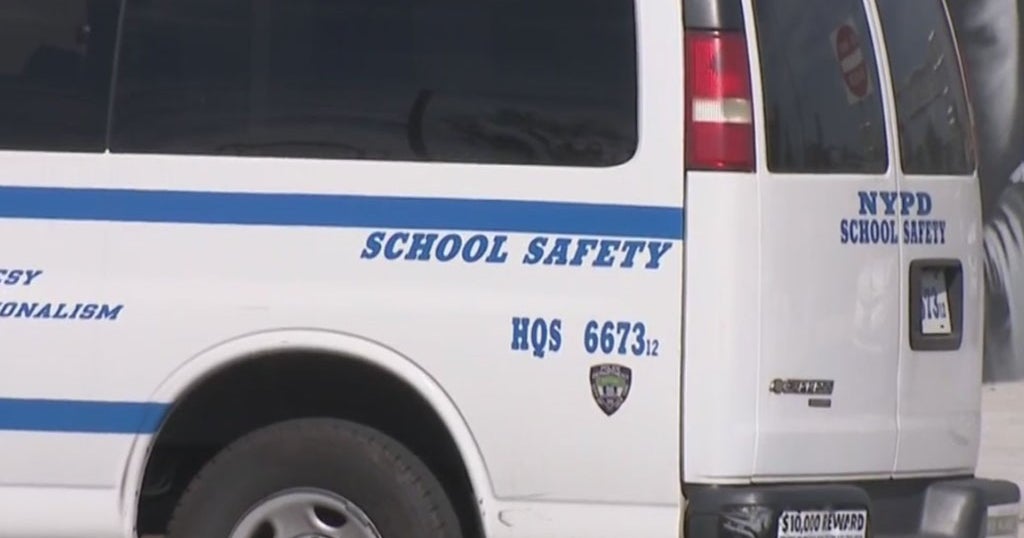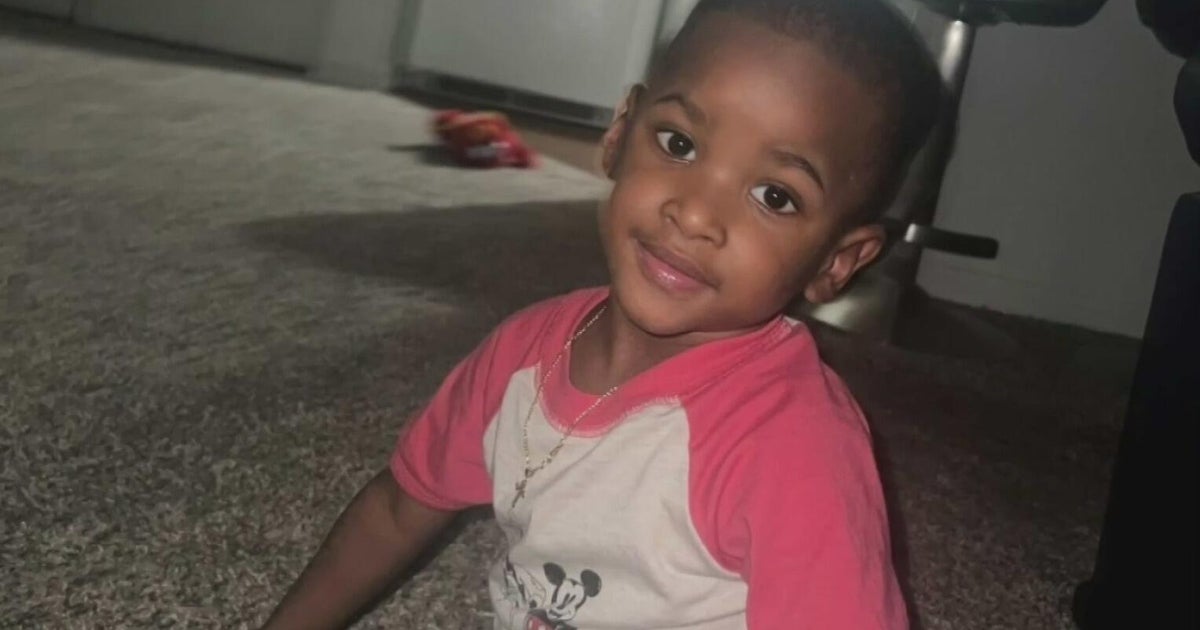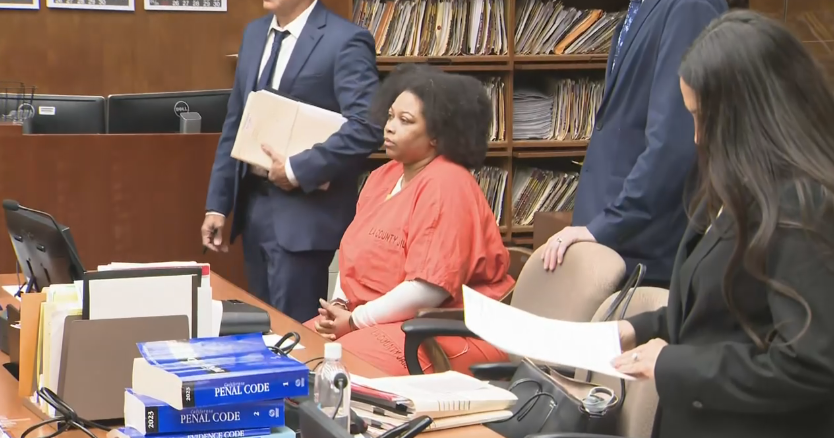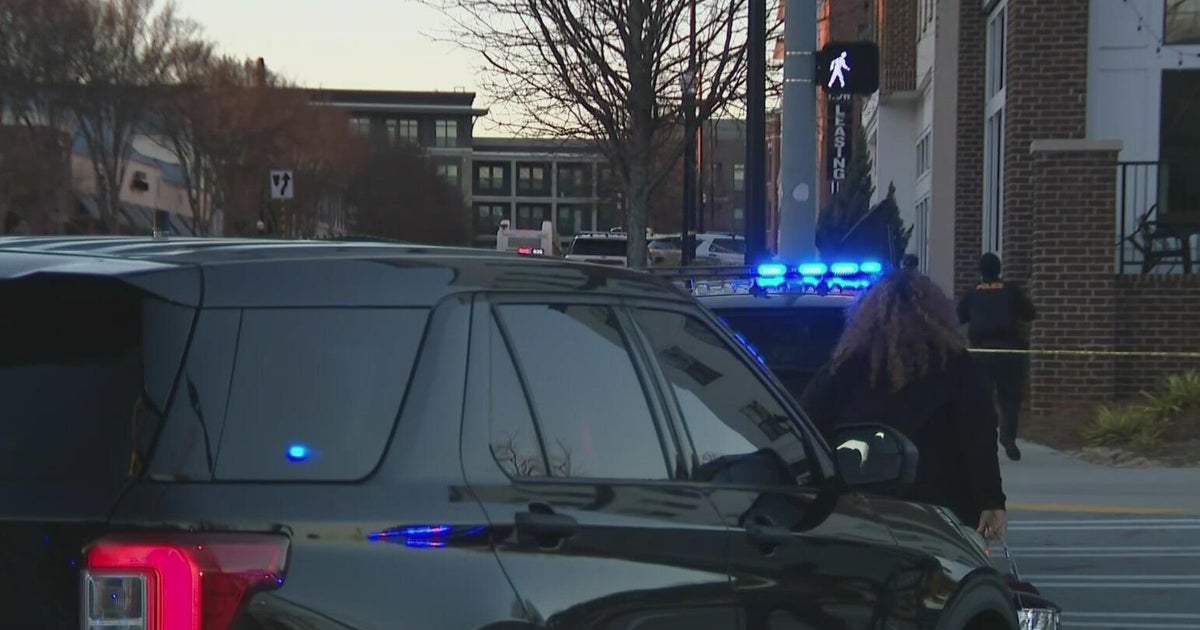Discovery, the process where crucial evidence is shared, is impacting public safety, NYC DAs say
NEW YORK -- A lot has been said about bail reform and its impact on New York City since its launch in 2019, but prosecutors across the five boroughs say there's another reform having an even bigger impact on their office.
It's called discovery -- the process where the government shares crucial evidence with defense attorneys -- and some say it's impacting public safety.
"Discovery is destroying people"
The new discovery law took effect at the same time as bail reform. Now, prosecutors have to submit all evidence to the defense by a strict deadline. District attorneys say that deadline is unreasonable and one group it is having an impact on is survivors of domestic violence.
"I was home and I heard the door open. I thought that he was there to kill us. He was back in the house because I no longer had an order of protection," one survivor said.
The mother, who didn't want to reveal her identity but wanted to share her experience, told CBS New York the case against her alleged abuser was tossed on a technicality.
"I fear for somebody to be in a position that I was in," she said. "Discovery is destroying people."
"What happened to this client that you just spoke to is by no means an isolated incident," attorney Anne Glatz said.
Glatz helps domestic violence survivors apply for orders of protection in family court. She said she's seeing an uptick in dismissals in criminal court.
"I just assume that when a client's abuser is arrested, it's not going to proceed to conviction," she said.
Nearly 70% of misdemeanors are being tossed out in NYC, data shows
Prosecutors always had to give the defense records, but since the discovery laws changed they now have to turn over everything, including audio, videos, and even lab tests on a strict timeline. Prosecutors say if one piece of paper is late, even if it's not meaningful, the case can be tossed out.
"Before I was in office, right after the law changed, significant spike in dismissals state-wide," Manhattan DA Alvin Bragg said.
Court data analyzed by CBS New York shows that dismissals have jumped more than 10% statewide, and it's double that across the five boroughs. Now, nearly 70% of misdemeanors are being tossed out in New York City.
"DUI cases and our misdemeanor domestic violence docket. Those are significant cases," Bragg said.
The Manhattan DA said attorneys should have information to prepare a proper defense, but there needs to be more flexibility. He said if the accused wasn't harmed by the omission, the case should not be dismissed.
"Judges are interpreting the statute differently. That's why I think we need some clarity. Clarity would help," Bragg said. "We should be looking at all the circumstances, and coming up with what's fair, under those circumstances, fair to the defense, allow them time to prepare for trial, fair to the people, so that we're not having cases that affect public safety dismissed, reflexively."
The Kalief Browder case
"I believe that many of these cases should never have existed to begin with," said Kalle Condliffe of the Legal Aid Society.
The discovery laws changed after the Kalief Browder case. The teen, accused of stealing a backpack, was held on Rikers Island for three years before charges were dropped. He later took his own life. Defense attorney Condliffe said she fears reforms will undo the progress.
"It's very emotional, yeah, because, you know, I was working there at the time. This was the experience of my clients. This is what I experienced with my clients every single day," Condliffe said.
Glatz said the law should be fair to defendants without putting her clients at risk.
"It doesn't have to revert to the same way it was before, but this is unsustainable," Glatz said.
As for how it is impacting crime overall, it's not impacting felonies. DA's offices are focused on getting discovery for those cases. NYPD data shows, citywide, homicides are down 15% and shootings are down 16%.
Prior to the discovery changes, New York's system was one of the most restrictive. Prosecutors could withhold information until the eve of trial. Now, prosecutors say no other state requires you to turn over so much on a deadline.








